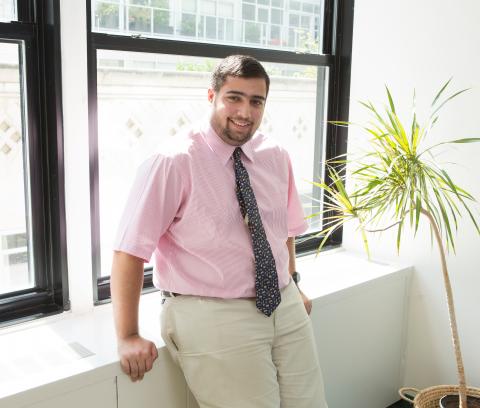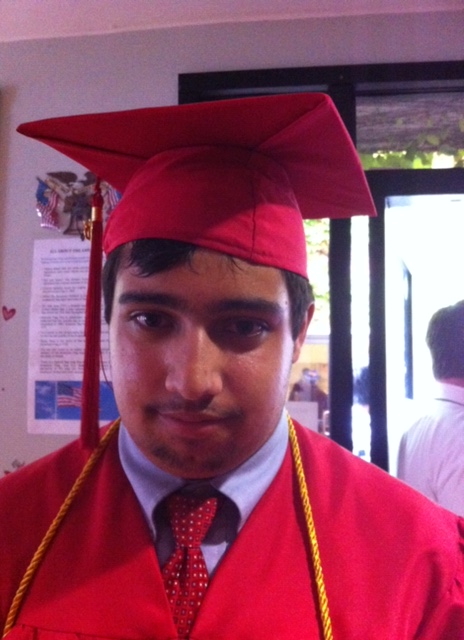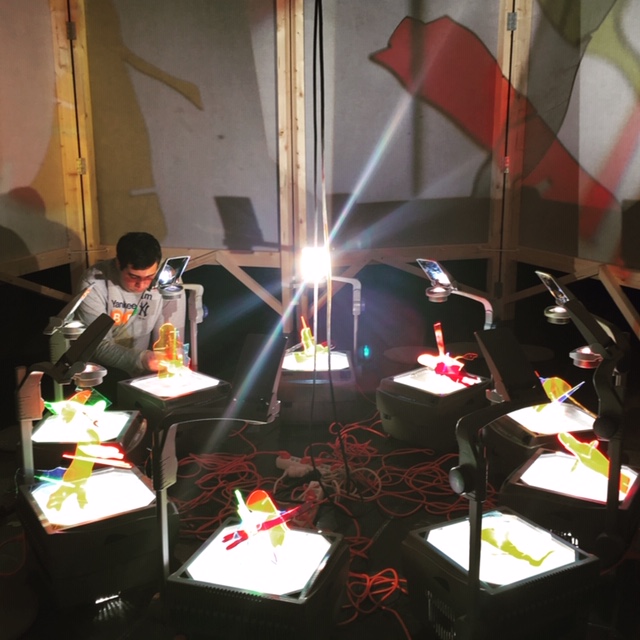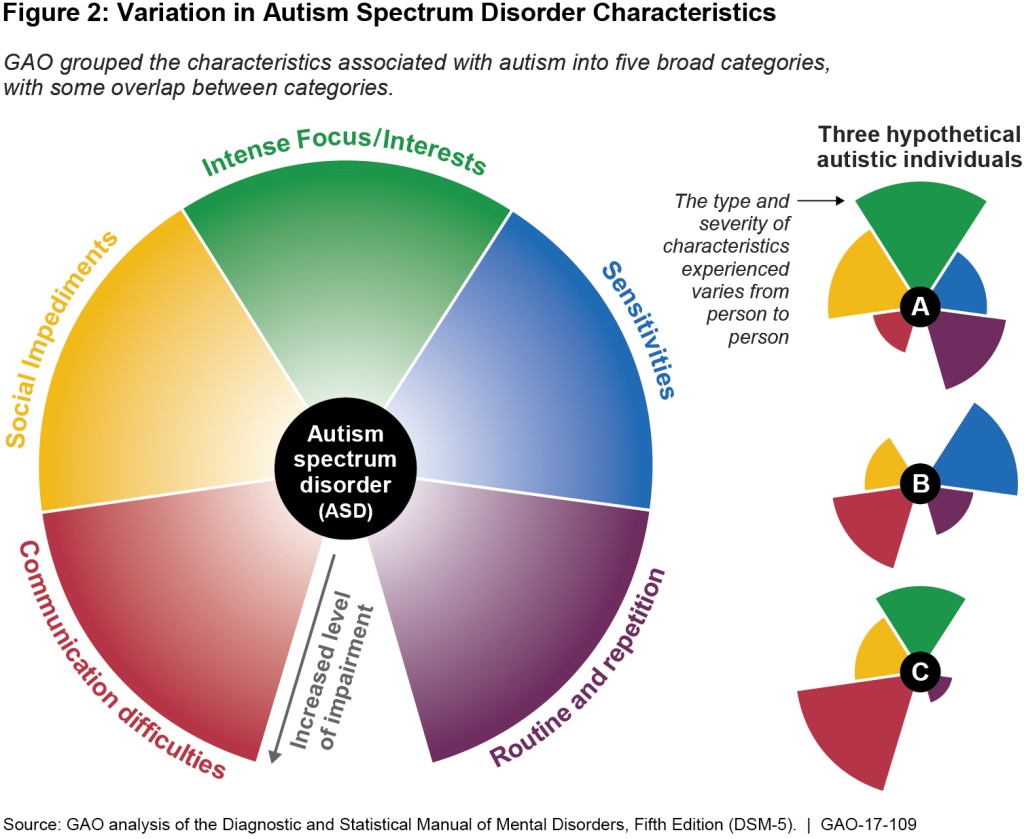There are countless students with an autism diagnosis planning to go to undergraduate school to earn a degree that suits their interests and desires, despite all of the doubts and negativities that plague individuals who have the capabilities to succeed in higher education. As a college graduate of a prestigious university with honors, here is some valuable advice for potential college students with learning differences in achieving a successful college experience.
Things to Consider when Choosing a College
Comprehensive Support
- Does the university or college you are planning to apply to offer good support for individuals with learning differences? If you have learning needs, then going to an institution with extra support will make your college experience better. While every institution is required to have disability services, not every university or liberal arts college provides comprehensive support for those with autism, ADHD and other learning disorders. However, there are a lot of outstanding institutions that lead the United States in offering the best college support services. Below on the PDF, you will find a list compiled by the College Autism Network.
Post-Secondary Education Setting
- What kind of institution do you think you will feel comfortable in? Is it a large public university or a smaller private college? All institutions will have a different undergraduate student population. Every classroom size varies with maximum numbers. In college classes, there can be thirty students or more.
- Think about what you plan to study. There are liberal arts colleges that focus on literature and the arts. I chose Pace because it has an impressive international affairs department and outstanding study abroad opportunities.
- Do you want to commute to an institution close to home or do you want to travel somewhere else? Would you prefer to be in a big city or more rural area? Each has their pros and cons. I chose to go to Pace University in downtown Manhattan, where I could enjoy the breathtaking views, with access to public transportation that made it easy to get to attractions such as theatres, museums, and more. The disadvantages of living in a big city include loud honking and large crowds.
- As tedious as it gets, these factors must be taken into account while going through the college admissions process.

Things to Consider Once You’re in College
Living On Campus
- Living on campus is not for everybody. However, there are multiple advantages to living in a residence hall, such as taking less time to get to class and other appointments, and learning how to live independently.
- While these are great benefits for living on campus, there is more to having a good time in the college dorms. Outside of the room, take a small portion of time to join some campus activities or other events that are being planned by your Resident Assistant. RA’s are not only there for your safety, they like to provide entertainment that will help students relieve stress in any particular way. Make sure to explore your surroundings and take as much time as you need to check out your favorite sites close by.
- If you have a roommate, be considerate of their needs and wants. Even if you may not become best friends with that person or be roommates again in the future, it is important to respect them and manage to keep the room clean without relying on them to do everything.
Academic Accommodations
- For many fair reasons, there are people who are not comfortable with disclosing their differences. There was a time when I felt the same way until I wrote and gave speeches about diverse identities. By doing this, people could better understand how to support me and it made me feel more confident in the learning environments I chose to step foot in.
- If you have learning needs that are essential for your academic success, the first step is to visit The Disability Office. Before arriving at college, take a closer look at the requirements to obtain supportive accommodations for your challenges. I had to take a brutal examination administered by a clinical autism specialist and provide the results to the Pace University Office of Disability Services (ODS). They handed me a document of the accommodations I could utilize for my academics. It is most important to be proactive with your instructors on the first day of class. I gave my professors an accommodation document to sign, which gave me permission to use a recorder, have a separate note taker, plus extended time for tests in a non-distractive zone. It is your responsibility to inform them about the way you learn, and get permission to utilize the necessary services.

Maria’s Tower 
33 Beekman
Transition Tactics
Transition
- The transition to a less structured and charged environment after high school can be very difficult for many autistic individuals. Learn time management and organizational skills while in high school. Social interaction is another factor. It is helpful to make friends in class and at other school events. They will always be there to support you. Knowing your advisor and seeking their assistance before the start of the new chapter will help you ease the anxiety that kicks in. Another strategy is discovering if there is a program to assist students in their freshman year with the grind of transitioning to a demanding environment.
Time Management
- Once you know the due dates of your assignments, record it into your planner handwritten or electronically. Plan ahead to begin your homework as early as possible. The earlier you start the work the less pressured and stressed you will feel mentally. It is super hard to finish the work with procrastination habits. Get enough sleep and eat healthy meals. If you need a break from doing work, you can play a sport, take a walk, go to the gym, spend time with friends, see family, then include that in your schedule as well.
Preparing for Exams
- Find out the course material that will be covered on the exam. That way, you will know what chapters, or sections you are responsible for so you don’t waste your time on material you won’t be tested on. Asking for the format of a test is a frequent question. If you know there is one portion of an exam you struggle a lot with, spend more of your study time working on it. Although, do balance your study time with formats you do well with so the knowledge remains fresh in your mind. Some professors might give a review sheet. Others may expect you to study from the books or notes posted online. If you get extended time, make sure you schedule your exam hours two weeks in advance with the appropriate department. If you request to take the exam on a separate day, that is acceptable as long as the professor agrees. Remember that quizzes, mid term exams can be spread out in different weeks. Final exams are taken on the very last week.
Setting Targets
- Making goals for yourself in school will help you reach whatever milestones you strive for. For me, achieving the Dean’s List was the top one because I pride myself on being a person who goes beyond expectations. The Dean’s List is an academic honor for students who exemplify high scholastic achievement based on their Grade Point Average (GPA). Getting good grades took a lot more than completing assignments. Every class I took had different grading criteria made by the instructor and was required to be displayed on the syllabus. I was only graded on homework and exams in mathematics classes. In other courses I was graded on participation and attendance. Do keep in mind that exams are usually worth the majority of your final result. Your grades in the courses and the number of credits you take will determine your GPA for that semester, which is not rounded, and you will discover if you have achieved the Dean’s List. Eligibility and requirements in achieving the Dean’s List varies at every institution.
Preparing for Life After College
Career and Work Readiness
- Before your college career comes to an end, I encourage you to seek out things with a Career Services Department that will prepare you for the real world of employment. There is more to life after college and whichever road you choose to follow will determine how your life proceeds. Participate in employment readiness workshops that will help you build a resume, draft cover letters, prepare for interviews, and teach you workplace behavior. They are also a resource for finding possible jobs. You can always stay in touch and visit them as an alum.

I hope these tips are helpful and that you all find the school that you believe will offer you the best education that fulfills your needs and desires. College can be full of once in a lifetime opportunities that may change your life for the better. I encourage you to look at the openings that are out there; they may not come back once it is over.






















